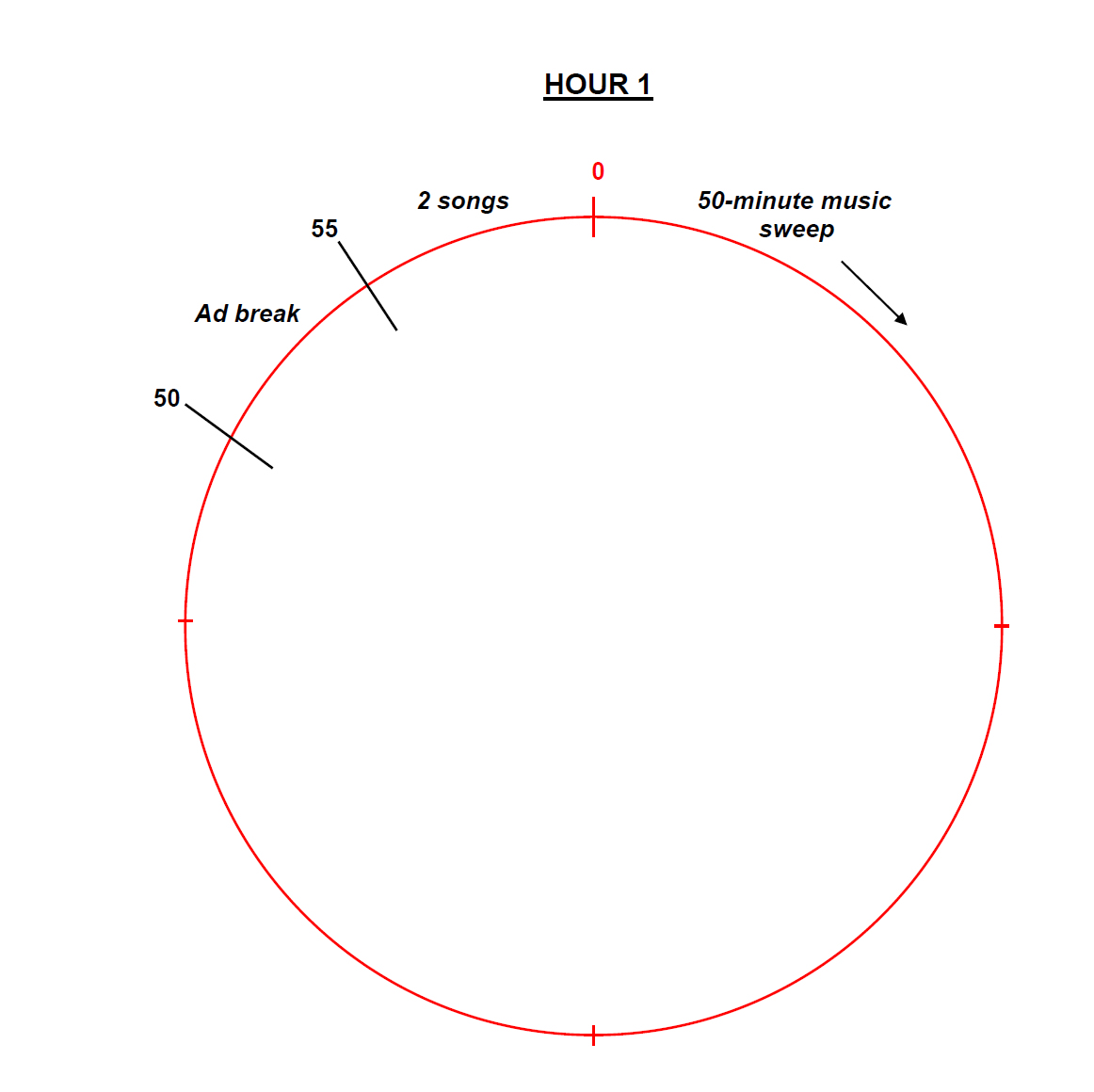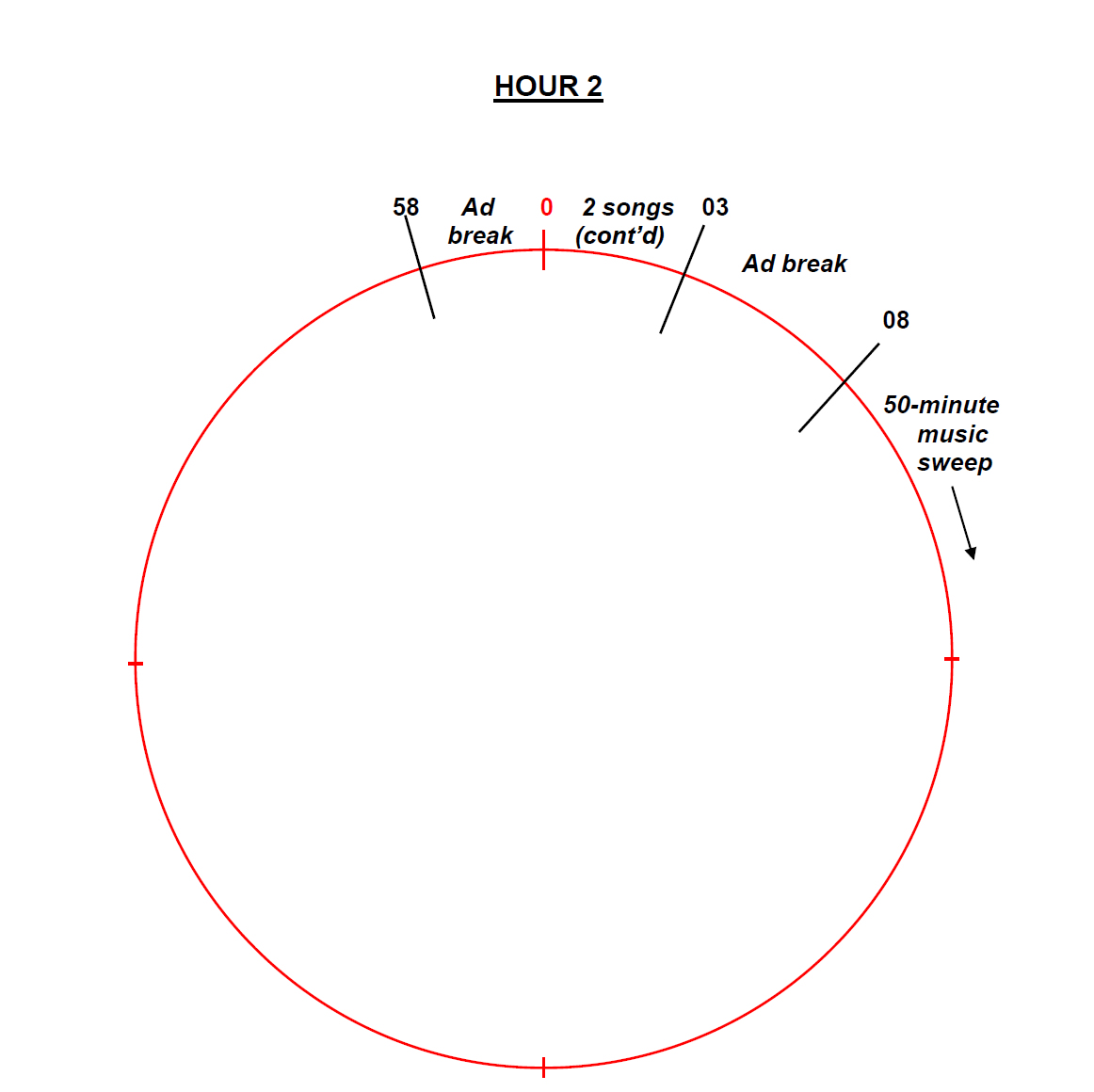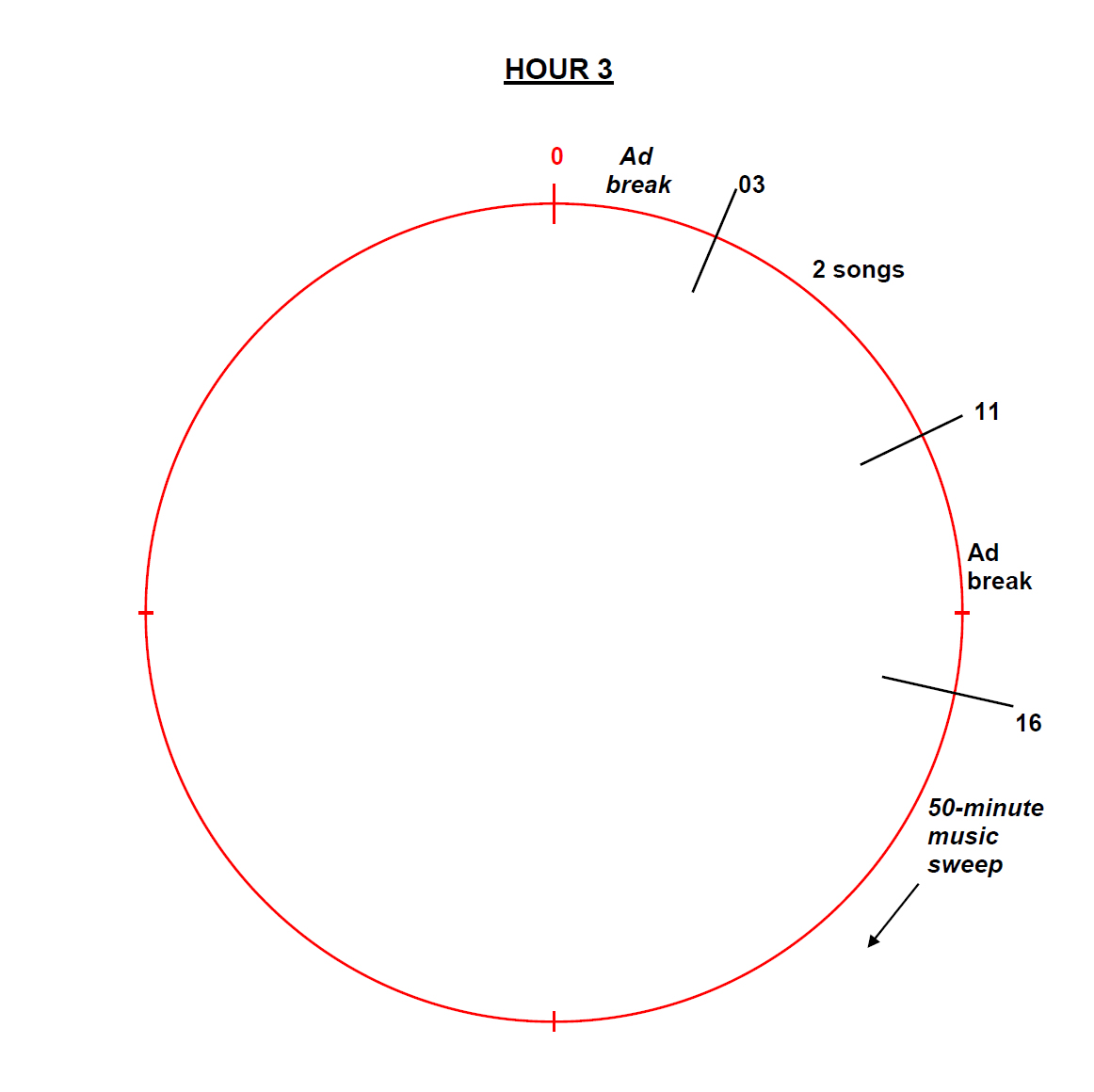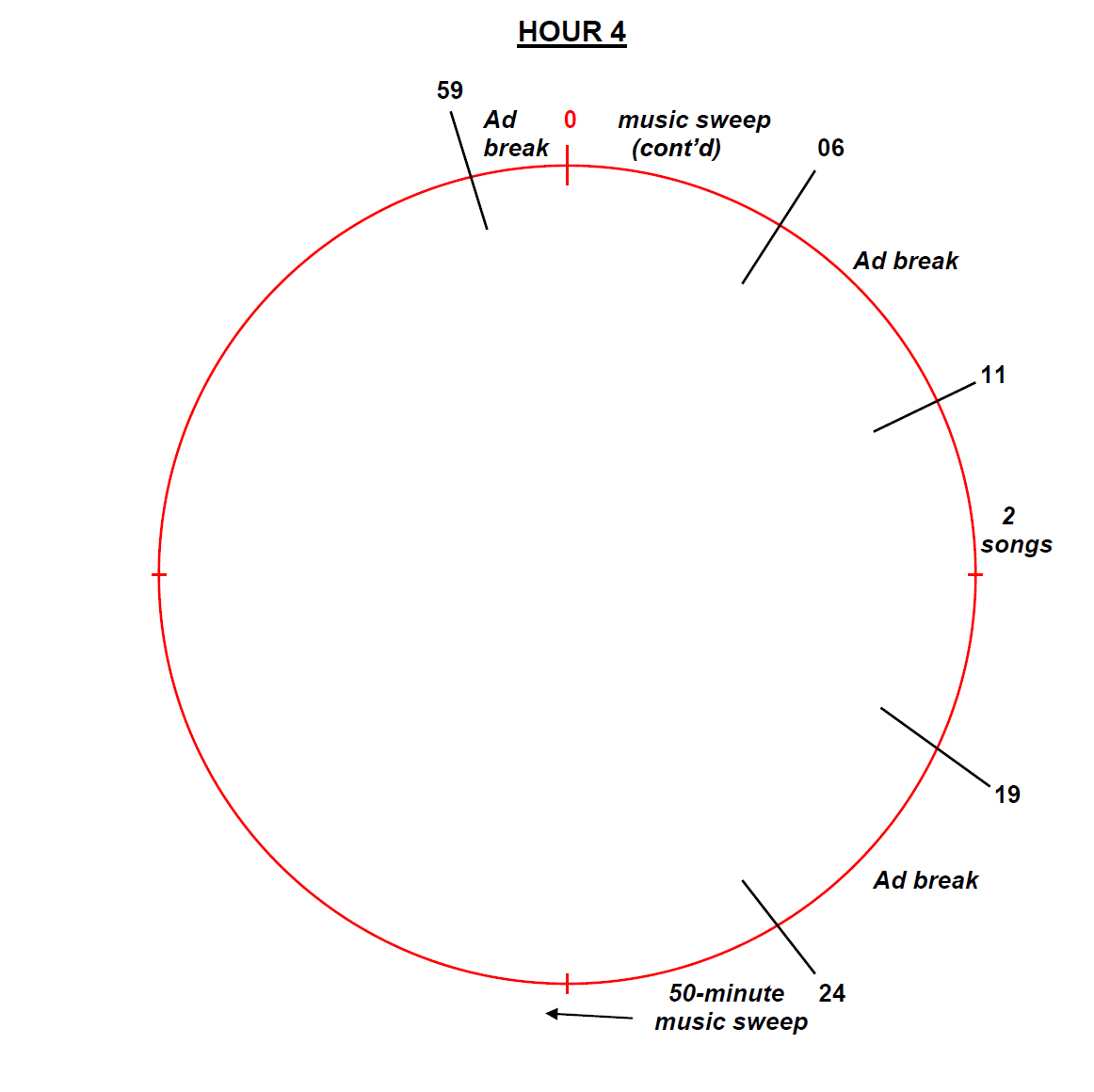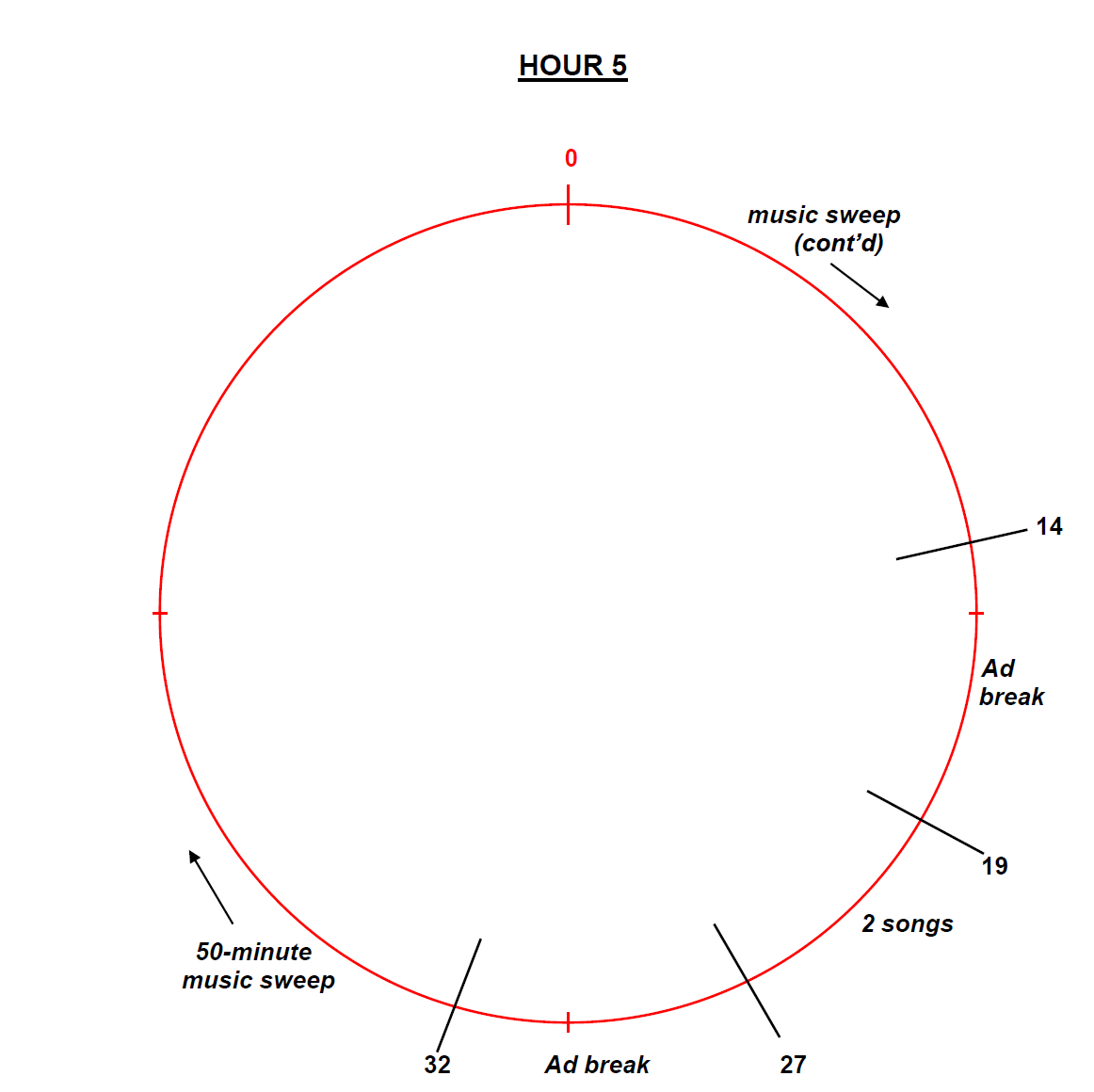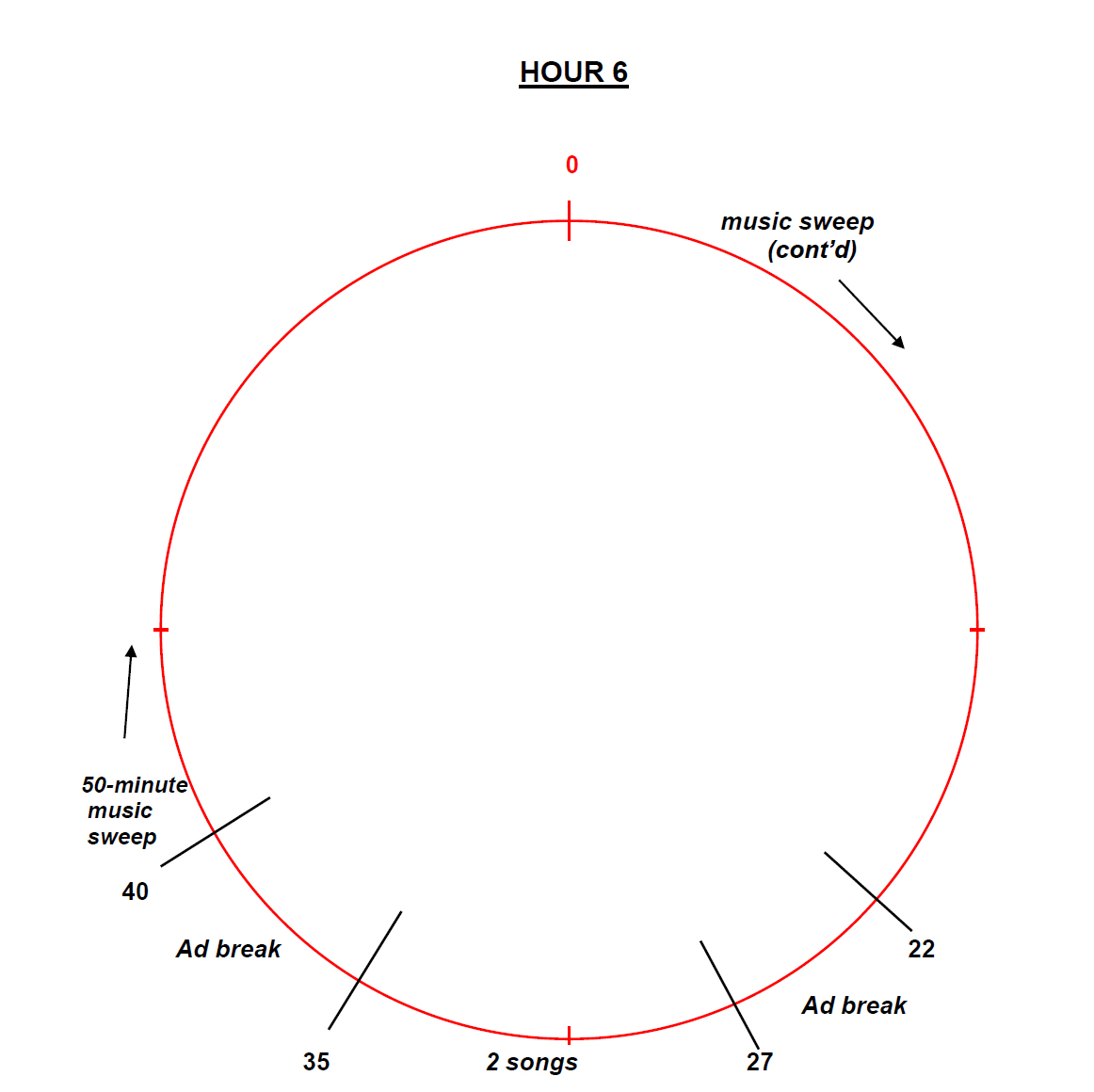Greg Smith
BY Greg Smith July 7, 2017
Greg Smith January 5, 2016
We Play More Music Than You Do

Using research to find out what’s really important to a music station’s target audience usually throws up ‘Plays a Lot of Music Without Interruptions’ as a top ranked issue, especially for the all-important heavy user.
This critical priority has set the scene for many radio stations to duke it out over who plays more music.
One battle that stands out is when EON.FM (now 3MMM) took on market leader FOX.FM in Melbourne in the mid-80s with a ‘more music’ challenge. FOX’s ratings meant that the station was carrying a significantly greater commercial content than EON. EON ran an on-air & off-air marketing campaign asking their listeners to listen to The FOX & then come back to EON who were playing more music than FOX.FM. EON.FM compared the minutes of music both stations were playing in any given hour. This was a dangerous attack on FOX.FM’s leadership. We knew this was a useful attack and we had to respond to protect our leadership.
Paul Thompson, founding CEO of Austereo, backed the programming team by agreeing to cut an entire ad break out of each hour of the day, much to the displeasure of the sales team at the time.
This action meant that when EON compared the minutes of music of both stations there was very little difference. EON’s attack didn’t work, and somewhat backfired, as some of their listeners actually liked what they heard on FOX.FM.
At FOX.FM we applied the Principles of Defensive Marketing Warfare as taught by Al Ries & Jack Trout. So, do those principles still work today?
 According to industry leader in media research, Jon Coleman, CEO of Coleman Insights, they do. He said in a recent article ‘Ries and Trout remain the most important authors ever’. Their book ‘Marketing Warfare’ changed the way companies including radio stations, dealt with competitors.
According to industry leader in media research, Jon Coleman, CEO of Coleman Insights, they do. He said in a recent article ‘Ries and Trout remain the most important authors ever’. Their book ‘Marketing Warfare’ changed the way companies including radio stations, dealt with competitors.“Only the market leader should play defence. What works for the leader won’t work for anyone else.
Always play defence first. Defend your base target and base images.
Know the difference between useful and useless attacks – by knowing what matters to your target, you can differentiate.
Strong competitive moves should always be blocked.
If you are being attacked by an offensive competitor, always allow useless attacks – you should encourage them to waste their time, energy & resources.
The best defensive strategy is the courage to attack yourself.
When you are not being attacked, attack yourself. Attack yourself before someone else does – study your product, improve it and then promote the improvement.
If you copy fast enough, you get the credit as leader.”
As the ‘more music’ battle raged on, programmers played the most music in the first half of each hour referring to the second half as the dark side. The diary ratings system stipulated that if a diary keeper listened to one station for 8 minutes into the quarter hour and 7 minutes to another station the 8 minute station wins that quarter hour. This had the effect of creating ad breaks at 23 & 38 past the hour with additional breaks at 46 & 56. The idea was to protect the first 3 quarter hours & sacrifice the last.
 When Paul Thompson created Nova FM they launched with the brilliant ‘Never More Than Two Ads in A Row’ attack on the lengthy ad breaks that competitors like Austereo were running.
When Paul Thompson created Nova FM they launched with the brilliant ‘Never More Than Two Ads in A Row’ attack on the lengthy ad breaks that competitors like Austereo were running.
Austereo’s reaction was to implement longer commercial free music sweeps. We started to hear 10 in a row, music marathons, 40 minutes non-stop, and
then the ultimate… The 50-minute music clock.
then the ultimate… The 50-minute music clock.
The 50-Minute Music Clock
Recent comments (0)
Post new comment
Related features
Greg Smith
BY Greg Smith October 28, 2016
Greg Smith
BY Greg Smith July 18, 2016
Greg Smith
BY Greg Smith May 20, 2016
